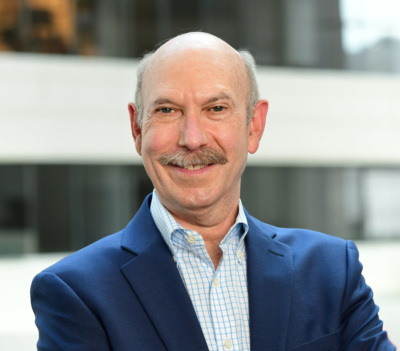NLP’s response to statement by UNAOC on World Press Freedom Day event
The United Nations Alliance of Civilizations (UNAOC) issued a statement earlier this evening, and here is our response. See our previous post for further background.
In contrast to the UNAOC statement, here is what happened:
- The event was planned for four months without any suggestion of a conflict. In multiple conversations on Tuesday, in which he asked us to edit or withhold our videos, Jordi Torrent, the project manager for media and information literacy at UNAOC, never mentioned a conflict with another event, a decline in registrations for the event or any panelists withdrawing. On April 30, he told me that 160 people had registered for the event, over the capacity for the room and exceeding his goal of 150 registrations.
- NLP submitted the videos (total length of 4½ minutes) in advance on Monday, as requested. At no time were we told that they needed prior approval or might be censored. We would not have agreed to such terms.
- In two conversations on Tuesday, Torrent said that UNAOC might need to cancel the event if NLP did not agree to edit a video initially to remove the reference to Turkey and, subsequently, to not show any videos. Only on Wednesday morning, after NLP refused to accept these conditions, did he say that, following a long discussion with his supervisors, UNAOC had decided to postpone the event. “The official reason,” he said, “is because we are competing with an event on press freedom that the Secretary General is organizing at the same hour.” I told him that we would need to state the real reason for this action, and he said he understood and apologized.
- In our initial conversation on Tuesday, Torrent told me that UNAOC had already edited the introductory video — without NLP’s permission — to remove the reference to one country. He asked me to agree to this “as a favor” and said he was “embarrassed” to do so.
- Simultaneously, UNAOC sent NLP the edited video with an eight-second reference to journalists arrested in Turkey seamlessly deleted but leaving mention of cases of restrictions on press freedoms in Mexico and Russia. Torrent asked me to view this during this conversation and said that this video — and two others featuring journalists from Russia and Pakistan discussing restrictions on press freedom in their countries — would be acceptable to show if we agreed to this single edit.
- In a subsequent conversation, he explained Turkey’s role as one of two countries (along with Spain) that had proposed the creation of UNAOC in 2005. He said the situation reflected “a deeper political issue that we need to see how to handle.” If the video was shown unedited, he said, “I know it will cause problems for us … I am enraged about it and I don’t feel good about it. I am stuck with it for now.”
- After conferring with his supervisors, Torrent asked NLP to refrain from showing any videos. “We are not the agency in the U.N. to discuss these issues,” he said. “To single out countries puts us outside of our mandate.” If NLP was willing to proceed with the panel, he said, “the conversation could still be open.” He also said, “It will be great if we find a solution.”
- When I told Torrent that we would not delete the reference to Turkey, he ended the conversation this way: “I fully understand and I support you.” He said he would inform his supervisors and let them make the decision. “Whatever will be, will be,” he said. “I can tell them I tried.”
- Torrent never expressed a concern about the accuracy or quality of the opening video. “It’s a beautiful video,” he said. “It’s a great video. It’s very nicely done.”
- No members of the panel I was moderating canceled before the event. They included Brian Stelter, CNN’s senior media correspondent and host of Reliable Sources, a weekly show on media issues; Farnaz Fassihi, senior writer at The Wall Street Journal; Patrick Butler, vice president of programs at the International Center for Journalists; Maria Salazar-Ferro, emergencies director at the Committee to Protect Journalists; and Juliane von Reppert-Bismarck, director of Lie Detectors, a European educational program. Nor was I told that any members of the second panel, to be moderated by Torrent, were unable to attend.
- We have no intention of participating in a future event on world press freedoms with UNAOC.

